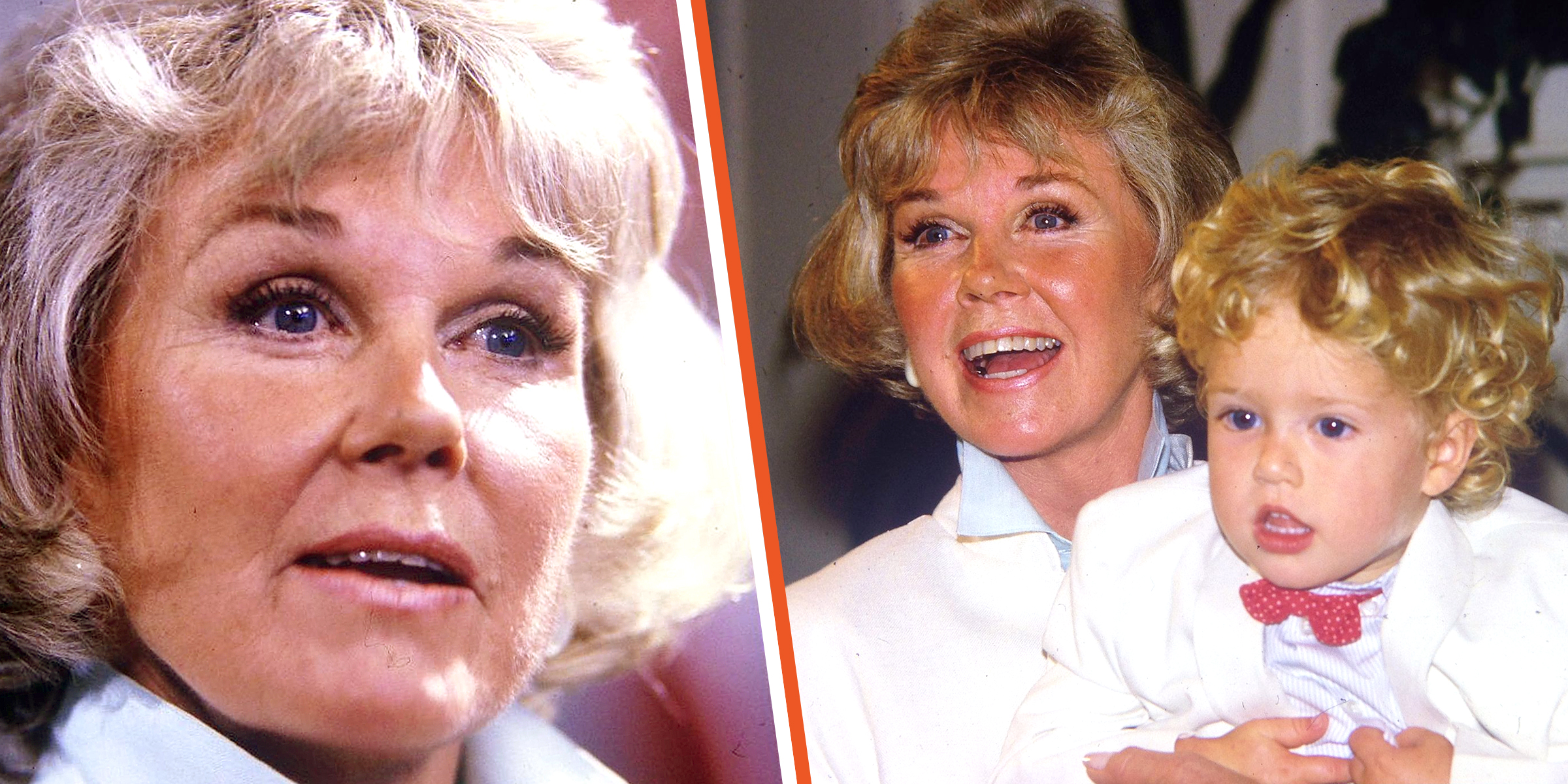
Why Doris Day Had Not Spoken to Her Only Grandchild for 14 Years after Son’s Tragic Death
- Doris Day was married four times and had only one child, son Terry Melcher, who was later adopted by her third husband.
- Terry had one son named Ryan Melcher.
- After his father died, Ryan's relationship with his grandmother became non-existent. Following her death, he revealed they had not spoken for over ten years.
Hollywood veteran Doris Day was an American actress and singer, born Doris May Ann Kappelhoff on April 3, 1922, in Ohio, Cincinnati.
Her mother, Alma Sophia (Welz), was a housewife, and her father, William Joseph Kappelhoff, was a music teacher and a choirmaster.
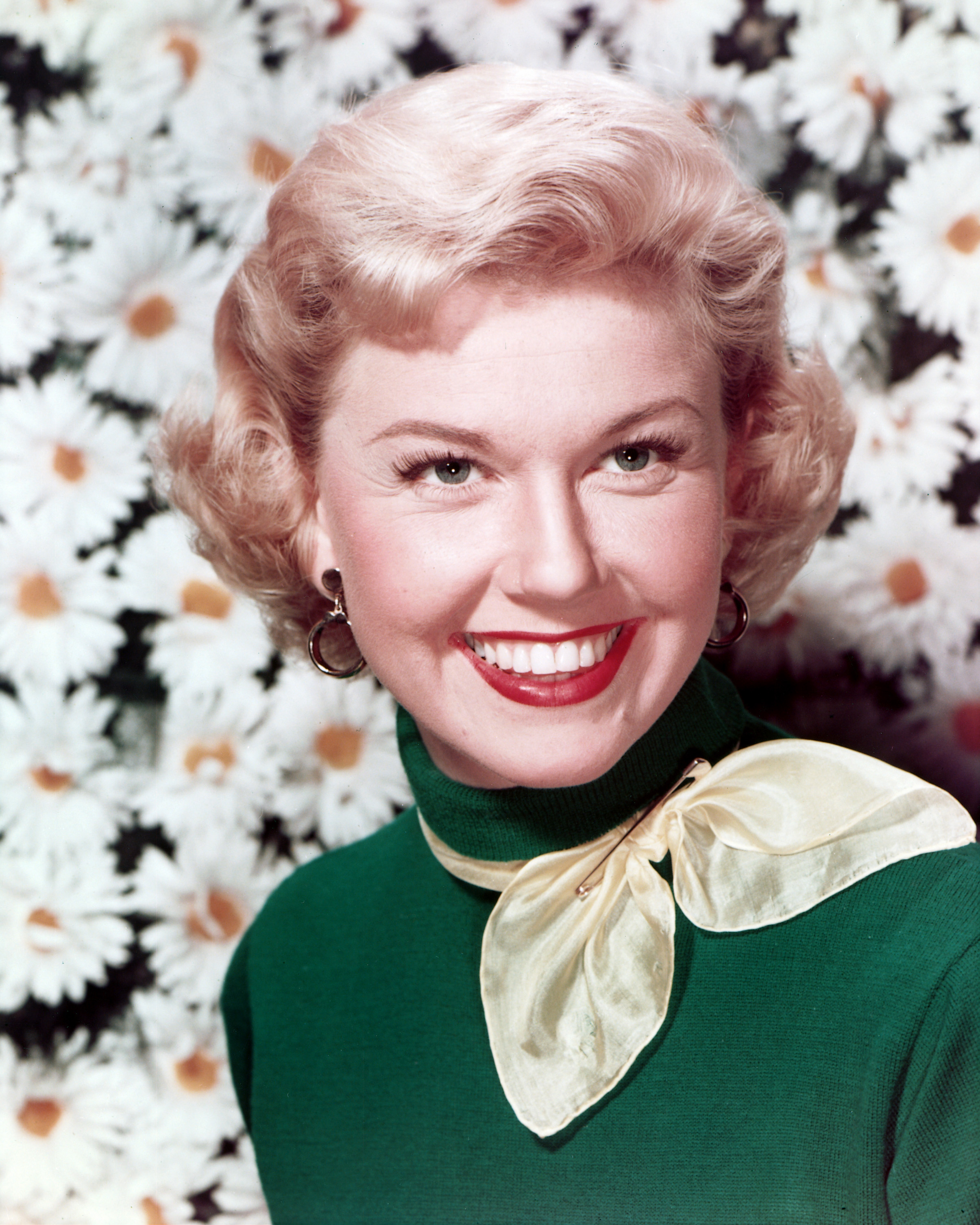
Actress Doris Day pictured smiling in a green sweater on January 1, 1960 | Source: Getty Images
Day's grandparents were German immigrants. She had two older brothers, Richard—who sadly died before she arrived in the world—and Paul.
Her parents divorced when she was little, and she lived with her mother. Day took singing lessons, and by age 17, she had found a new passion and toured with the Les Brown Band.
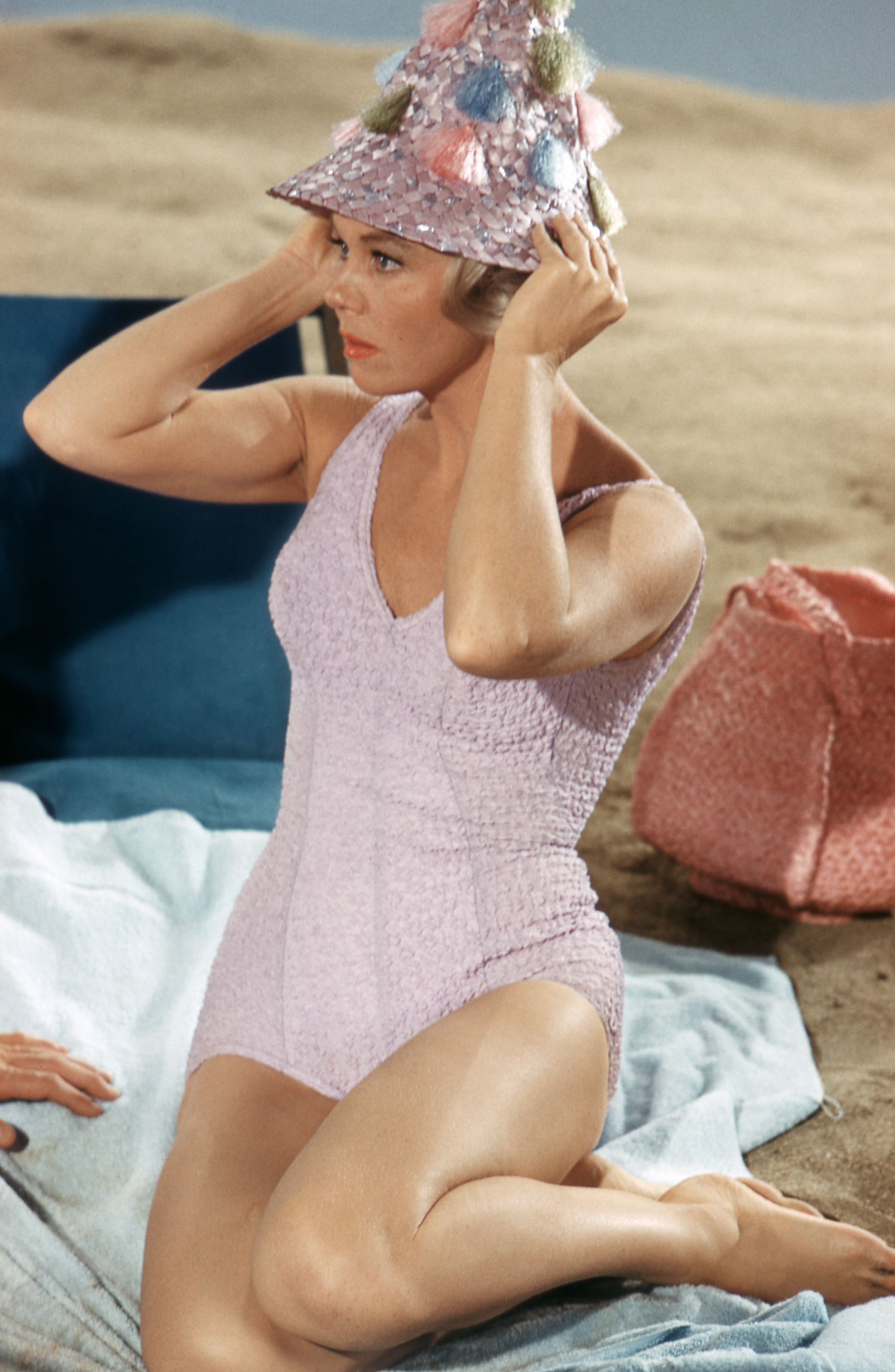
Doris Day as Carole Templeton in the movie "Lover Comeback" on January 1, 1960 in Los Angeles, California | Source: Getty Images
She met her future husband, trombonist AI Jorden whom she wed in 1941. However, their marriage ended in divorce after two years in 1943, not long after welcoming their son, Terry Melcher, who grew up to be a successful record producer.
Day married saxophonist George Weidler in 1946, but they split in 1949 following three years of marriage. She was also married to film and music executive Martin Melcher from 1951 until 1968. He adopted her son, Terry. Her fourth husband was businessman Barry Comden, whom she married from 1976 to 1982.
Day Died & Had No Funeral – She Was Survived by Her Grandson Ryan
Day passed away in May 2019 at 97 in her home in California. The star's death came two months after she celebrated her birthday. She had written down her wishes on her will, and her close friend and manager, Bob Bashara, disclosed what would occur in the wake of her passing:
"No funeral, no memorial, and no [grave] marker."
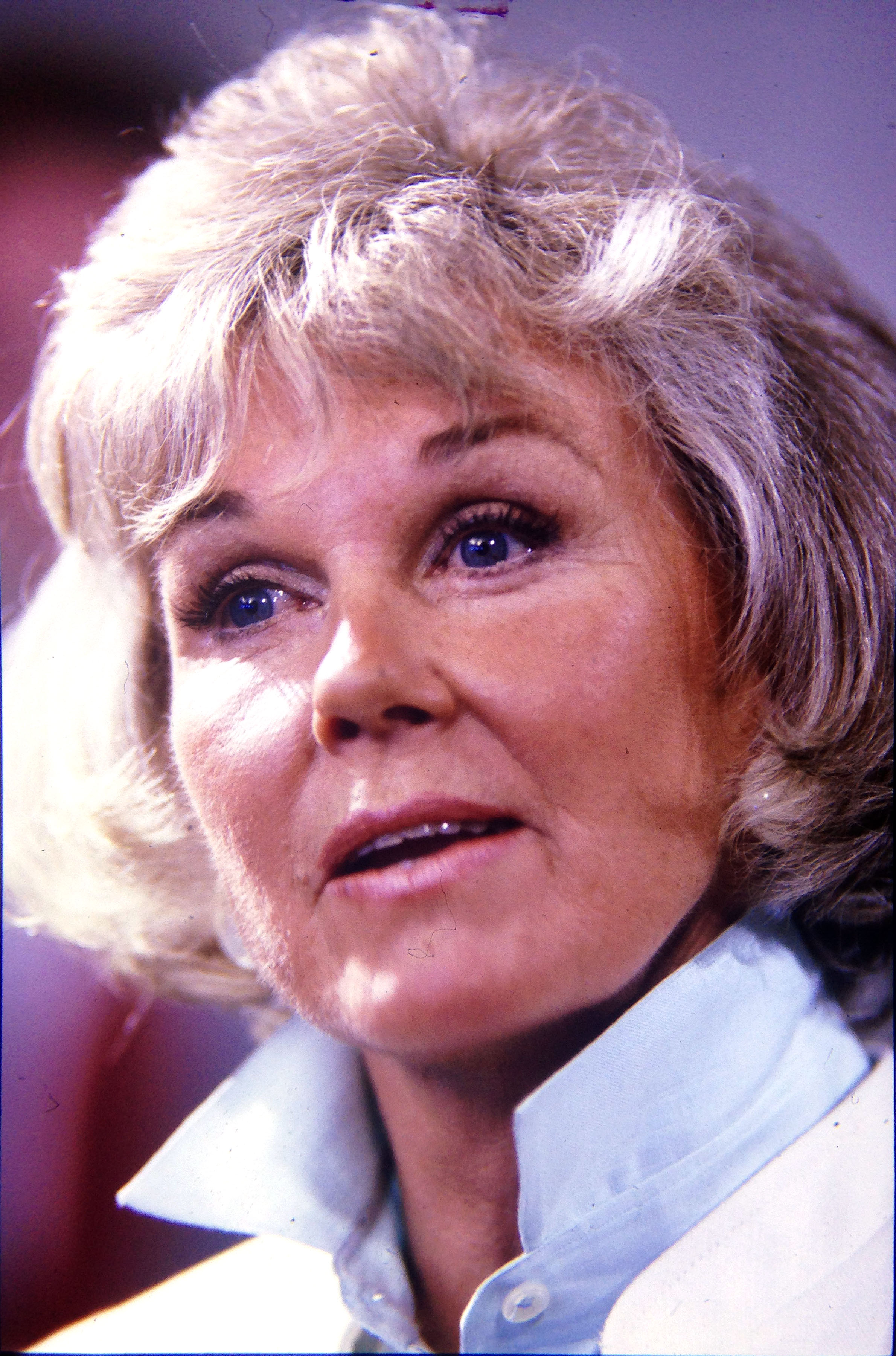
Doris Day speaking at a press conference on July 16, 1985 in Carmel, California | Source: Getty Images
Bashara further explained, "She didn't like death, and she couldn't be with her animals if they had to be put down. She had difficulty accepting death."
The film star disliked discussing the prospects of death when she was still alive, and Bashara was unsure why she did not want to have a funeral.
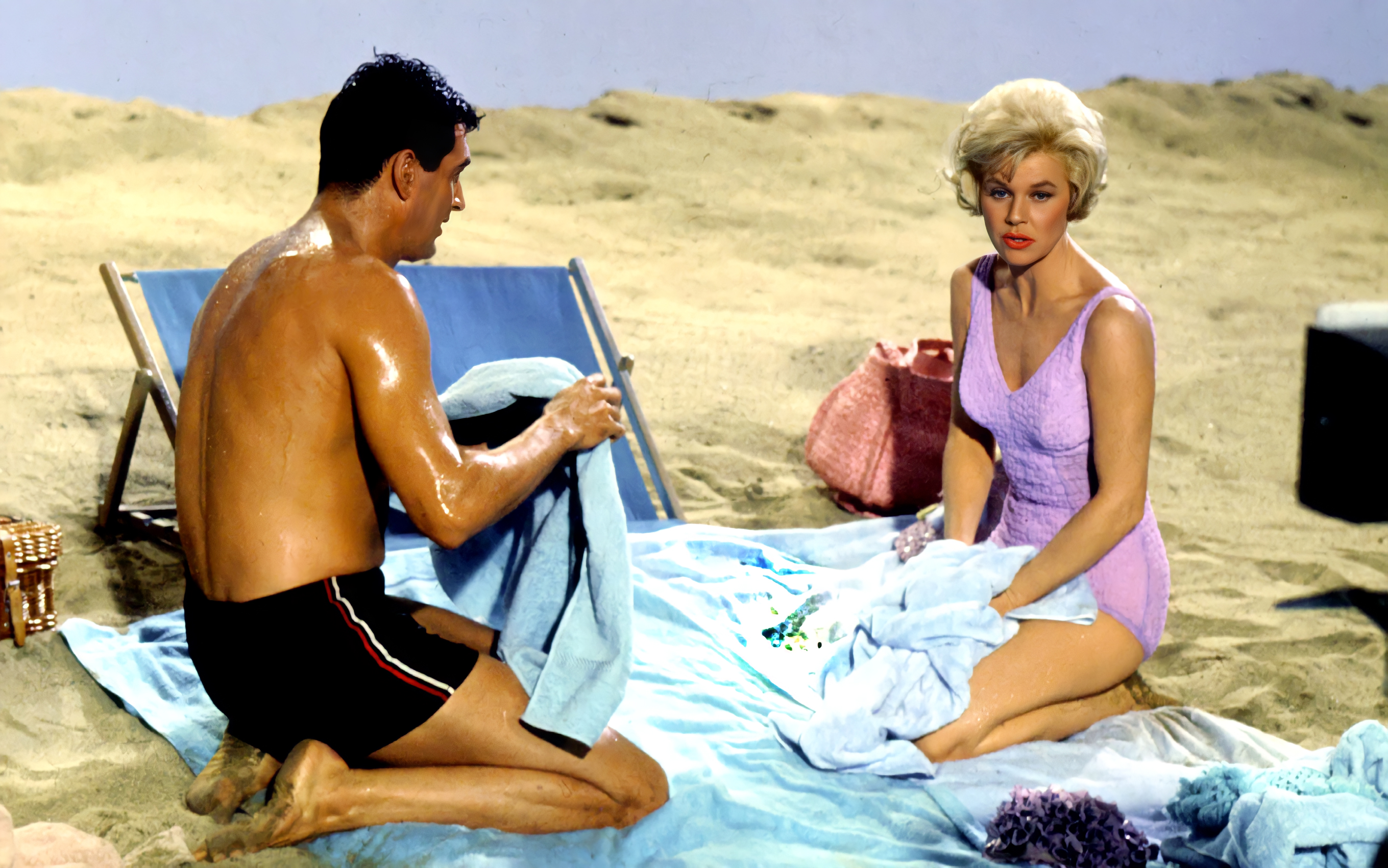
Actor Rock Hudson and Doris Day in a scene of "Lover Come Back" on January 1, 1960 in Los Angeles, California | Source: Getty Images
Days after the animal rights activist's death, her grandson, Ryan Melcher, whose father Terry died in November 2004 from melanoma, revealed they had not spoken in 14 years.
He also divulged that he learned about her passing on social media. Day's passing was announced by her charity, The Doris Day Animal Foundation. Ryan shared he and his famous grandparent drifted apart in the years before she died from pneumonia.
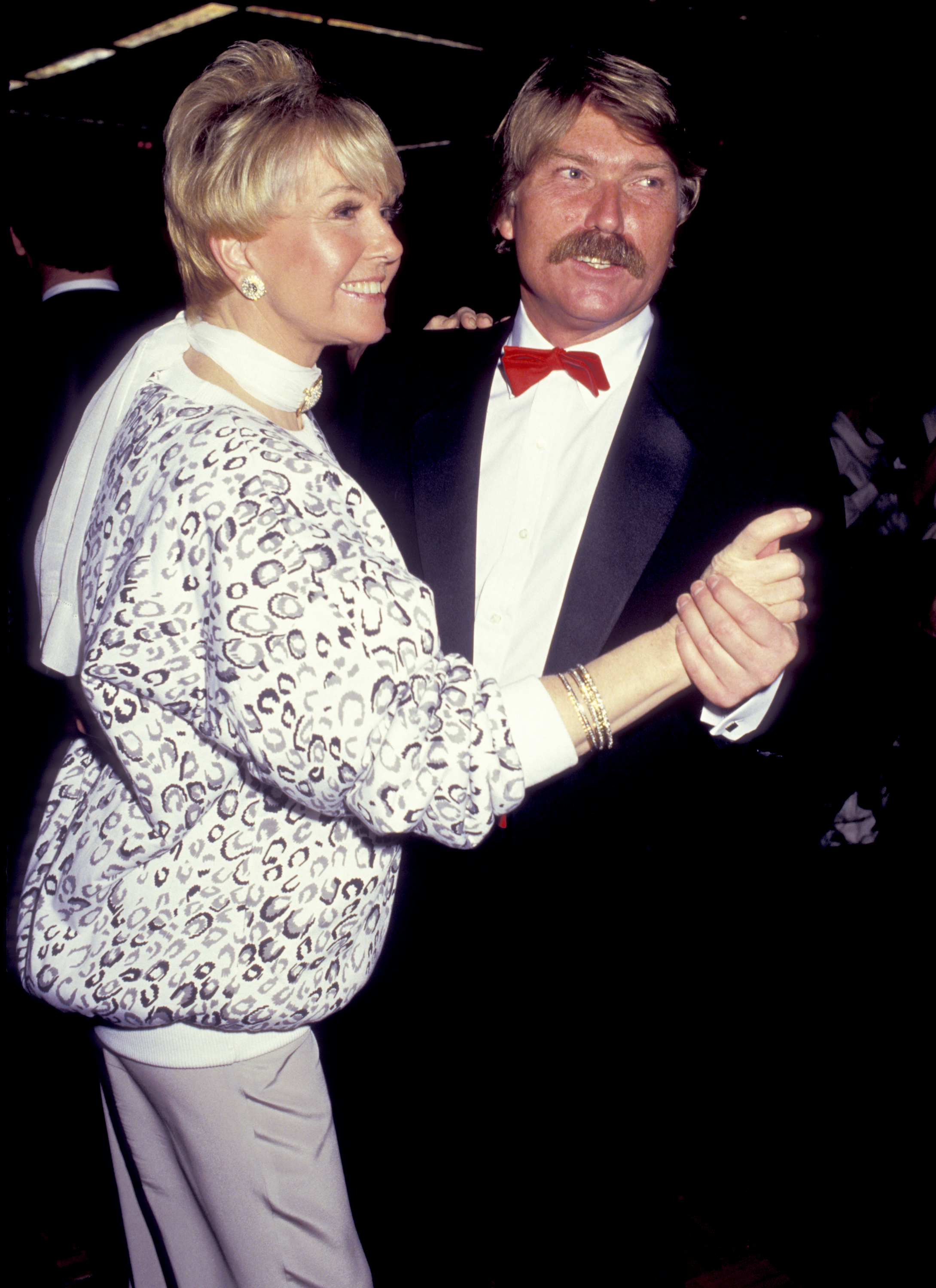
Doris Day and her son Terry Melcher at the Monterey Film Festival on February 7, 1987 | Source: Getty Images
When his parents divorced as a child, it interfered with their relationship. Ryan penned a lengthy post on Facebook paying homage to his beloved grandma and detailing how their relationship became estranged:
"Sadly, due to a divorce that I was thrown into the middle of while still an underaged child, I have not been allowed to see my grandmother for quite some time."
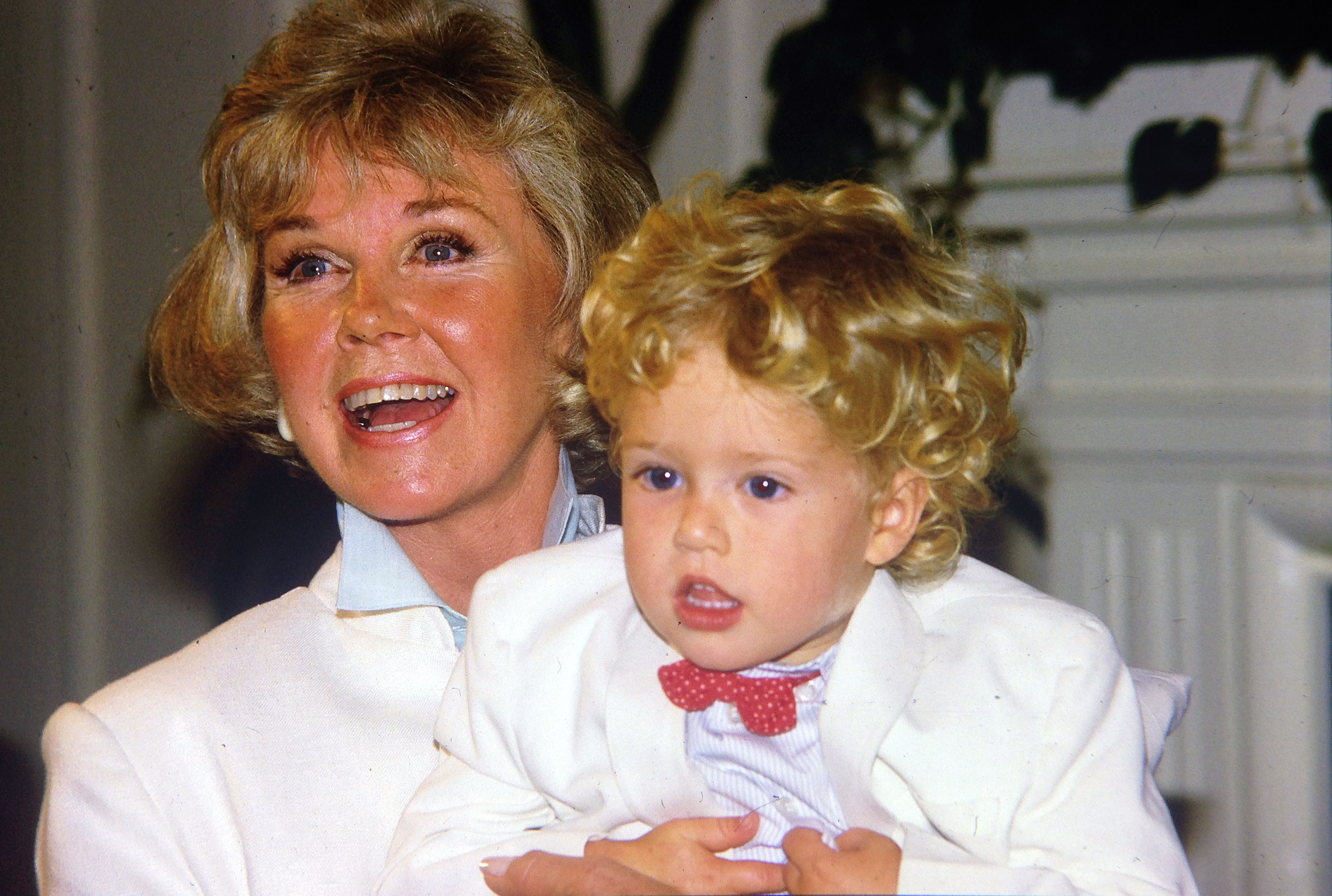
Singer Doris Day with her grandson Ryan Melcher at a press conference on July 16, 1985 in Carmel, California | Source: Getty Images
According to Ryan, when Day invited him over for dinner several years ago, her new manager intervened and set up a meeting with him. Upon arrival, he was why he wanted to see his grandmother.
Perplexed by the question, he answered that Day was his grandparent, and the man replied by saying that, unfortunately, he would not be able to meet with her.
Ryan explained the man cited his parents' divorce as an excuse for him not to see Day. "She had been so happy to talk to me and we were both excited for our upcoming dinner together just a week before, and this man was clearly manipulating the situation," he added.
Day's only heir divulged he never met up with his grandmother for dinner that period, and all communication with her was cut off.
Day's Publicist Claimed They Reached Out to Ryan & He Failed to Respond
Meanwhile, Charley Cullen Walters, who worked on Day's 2011 album "My Heart" and handled her publicity, revealed they tried to reach out to Ryan more than once, but they never received a response from him.
Walters stated Ryan wrote on his website that he did not want to be contacted with regard to anything involving Tinseltown or a public figure. Therefore, she decided to respect his wishes.
Walters also revealed that whenever Day was asked about her loved ones by the media, she would refuse to comment, so she never pestered her about her family but hoped she and her grandson would reunite someday.
Although that opportunity never came to be, Ryan said he would forever cherish the memories he made with his grandmother and father. He added that while growing up, his family was relatively close and he was lucky to have "special people" raise him because that experience taught him to live in the present and not keep things to himself.
Ryan's dad had taken his grandmother's third husband's last name after he adopted him. Terry followed in his famous mother's footsteps and recorded his first music demo in 1961.
Although his music ambition ended nowhere, he eventually landed an opportunity for the producer training program at Columbia's Records and produced hits since then.
Terry even worked on songs for his mother's movies, including the title song for the 1963 film, "Move Over, Darling." He later found chart success by teaming up with Bruce Johnston for "Summer Means Fun" in 1964.
Terry also helped the band Rip Chords with their biggest hit, "Hey Little Cobra," and helped launch the career of the rock-folk group, "The Byrds."
By the late 1960s, he had cemented his name in the music industry and served as a producer on his mother's television show, "The Doris Day Show," which debuted in 1969. He worked with her again in the 1980s for her short-lived series, "Doris Day's Best Friends," as an executive producer.
Terry also assisted his beloved mom with her charity work and business affairs. After battling cancer for several years, he succumbed to it at age 62 and was survived by his mother, wife, and son.
In 2011, Day expressed the greatest loss in her life was losing her son, whom she gave birth to at 18. "We were like sister and brother...But I keep him with me," she said.
The information in this article is not intended or implied to be a substitute for professional medical advice, diagnosis or treatment. All content, including text, and images contained on news.AmoMama.com, or available through news.AmoMama.com is for general information purposes only. news.AmoMama.com does not take responsibility for any action taken as a result of reading this article. Before undertaking any course of treatment please consult with your healthcare provider.
